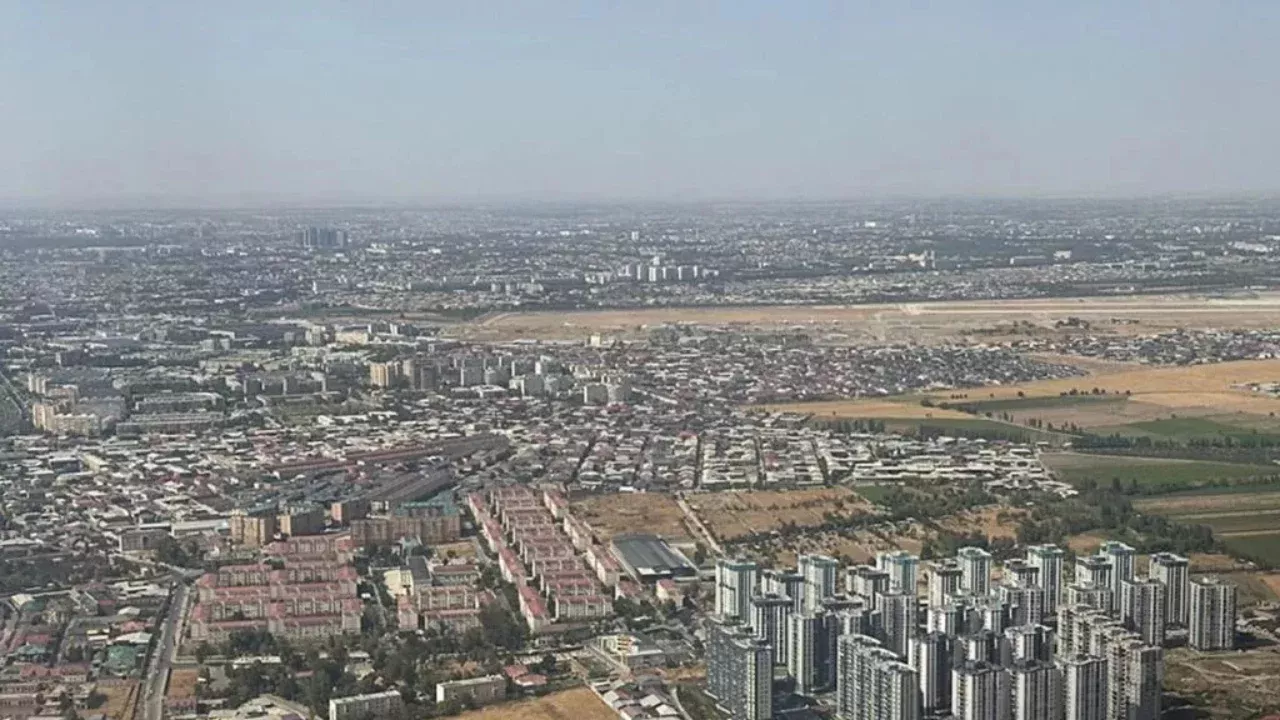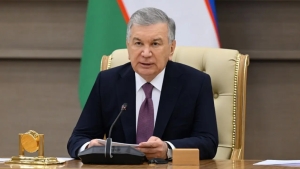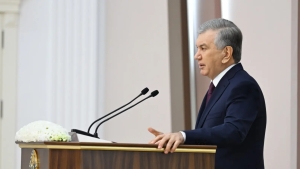The PM2.5 level in Tashkent has exceeded the WHO standard

On July 4, the air quality in Tashkent city was assessed by the international IQAir platform. This was reported by Zamin.uz.
According to the results, although the air quality in the capital has improved somewhat, it has been found that there are indicators exceeding the ecological standards set by the World Health Organization (WHO). In particular, as of 08:00, the concentration of PM2.5 fine particles was 18 micrograms per cubic meter, which is 3.6 times higher than the WHO standard.
This poses a risk to public health. Other pollutants, including PM10 and ozone, did not exceed the standard.
Experts believe that PM2.5 particles negatively affect not only the respiratory system but also the cardiovascular system. Such polluted air is particularly dangerous for children, the elderly, and people with chronic illnesses.
The improvement of air cleanliness in Tashkent is associated with wind movement, activity in green areas, and a decrease in traffic flow. However, it is emphasized that this situation is temporary.
The city consistently ranks high in IQAir ratings for air quality. This is explained by industrial activity, the number of cars, and the abundance of construction work.
Permanent measures are necessary to improve the ecological situation. This includes the widespread introduction of ecological transport on city roads, the development of public transport, increasing green areas, and strictly adhering to ecological requirements in construction.
Additionally, it is necessary to develop real-time air quality monitoring systems. This serves not only to detect pollution but also to inform and warn the public.
In the report published by IQAir for 2024, Uzbekistan is listed among the countries that do not fully comply with WHO requirements. This indicates the need to accelerate ecological reforms.
Officials are urging the public to take personal precautions during times of air pollution. For example, using clean masks, avoiding long walks, and staying at home as much as possible are recommended.
In conclusion, although the air quality in Tashkent has improved to some extent, this situation is not sufficient. Additional measures must be taken by the government and society, as clean air is the basis of a healthy life.







